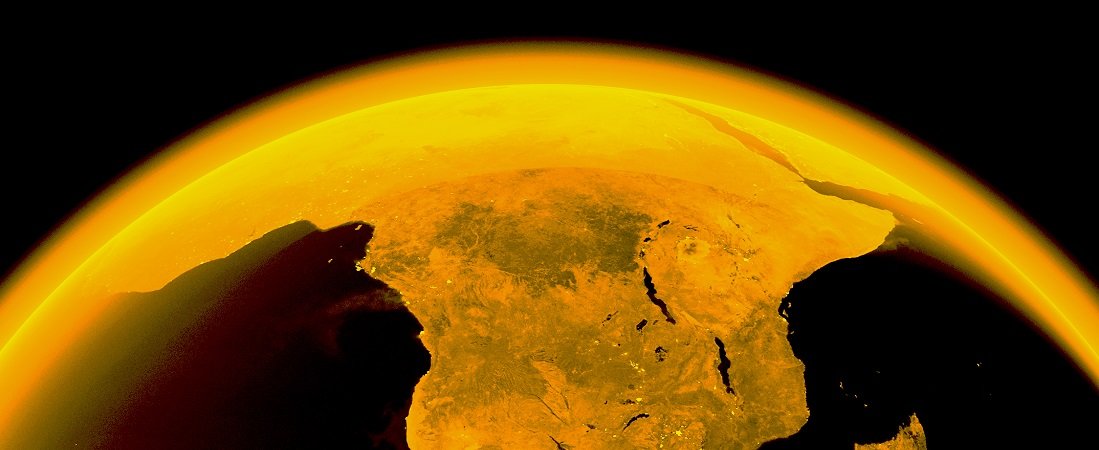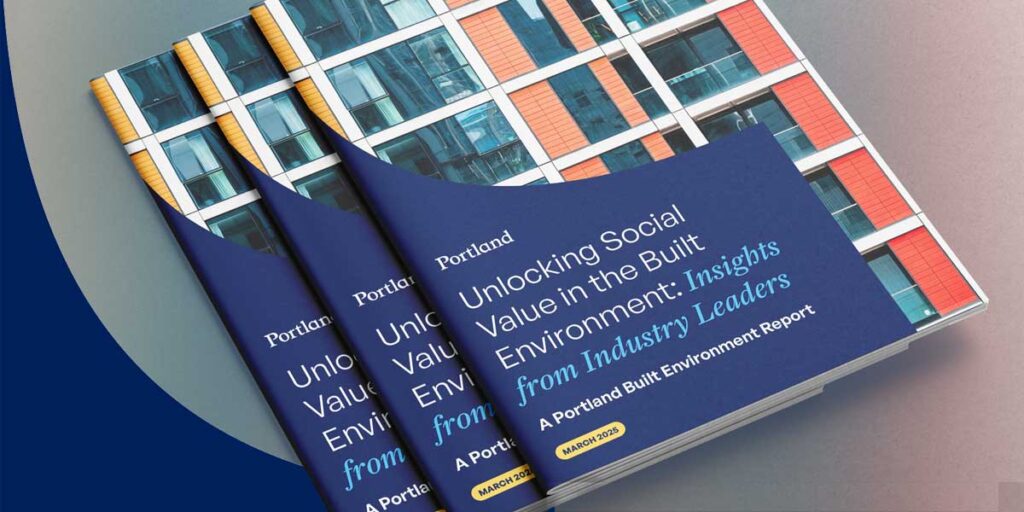Listen in everyone — the conversation has changed.
The last time a British Prime Minister hosted a G8 Summit, he was faced with clear-cut demands and a lot of noise. The week before Tony Blair convened world leaders in Gleneagles in 2005, co-ordinated Live 8 concerts around the world were broadcast on 182 television networks and 2,000 radio networks. The culmination of the Make Poverty History campaign, the concerts demanded specific action on aid and debt cancellation. The G8 listened and acted.
Yet for all its strategic success and creative genius, the Make Poverty History campaign was largely an exercise in the West talking to itself about Africa (and to achieve its aims, it didn’t need to be much else). Fronted by Western celebrities, mobilised by Western NGOs and backed by Western development economists, there were few African voices being heard and few African arguments being made.
Just one full G8 cycle later, the conversation about African development has changed, and changed forever.
Since Gleneagles, the most arresting contributions to the development debate have not been made by rock stars and campaigners, but by African economists – most electrifyingly by Dambisa Moyo, the Zambian author of Dead Aid, and most recently by Lamido Sanusi, the Nigerian central bank governor, warning Africans “to wake up to the realities of their romance with China”.
If you are looking for really radical thinking for improving Africa, then the best creative energy is found on the continent. A new wave of African business leaders is putting big money into bold initiatives. Mo Ibrahim, the Sudanese telecoms entrepreneur, has instituted the world’s largest individual award for leaders who have demonstrated excellence in office; Tony Elumelu, the Nigerian banker, has established a major new foundation to promote entrepreneurship and business leadership; Aliko Dangote, the Nigerian industrialist, is ploughing eight billion dollars into a new oil refinery which will double the country’s refining capacity – with major knock-ons for the region’s economy.
Even Africa’s public sector – hardly a traditional crucible of innovation – is seeing dramatic change in places. In Rwanda it is now possible to set up a business online in six hours; to get a visa online within 72 hours.
Improved efficiency in government is being driven by better thinking, not in Washington and Brussels, but in African capitals – African think tanks have seen an increase in their numbers by over 30% in just five years. (This publication includes some fascinating future-gazing by one of Africa’s top think tank leaders, KY Amoako.)
And something you won’t hear from Western NGOs is that African civil society can be effective at responding to its own emergencies. “Kenyans for Kenya” was launched in response to the drought in the Horn of Africa in 2011. It raised over five million dollars in four weeks, including 200,000 dollars in the first 12 hours through mobile phone banking.
So there is a lot going on in Africa, and this in itself should be enough to change the nature and tone of the conversation about development on the continent. But there is another force at work here too: the rapid transformation of the media in Africa.
In January last year we conducted the biggest study of Twitter in Africa ever undertaken. We demonstrated how widespread Twitter had become across the continent (and Portland’s Mary Mzumara talks more about the growth of social media in this publication). And it’s not just new media that’s growing; it’s traditional media too. Alan Rusbridger, the editor of The Guardian, told a Portland dinner recently that Africa is one of the few regions of the world where all parts of the media are flourishing.
The growth of Africa’s media has created new platforms for African news and opinion and, most critically, new patterns of connectivity across the world. With it has spawned a new level of sophistication in running communications campaigns on the continent (as Kenya’s award-winning journalist, Murithi Mutiga, describes in these pages).
So when a few years ago we bemoaned the reduction of foreign correspondents filing for newspapers in London and New York, it doesn’t seem to matter so much now. African leaders, civil society representatives and journalists are tweeting at Western news desks (and many, many others) instead. When CNN broadcast a laughably concocted story about a Kenyan militia training for violence before the general election, there was a social media firestorm from outraged Kenyans under the hashtag “#SomeoneTellCNN”. Bad Western journalism conforming to pre-prepared scripts is being challenged on the ground. Even more importantly, people around the world can get their fix of African news without the filter of the Western news media at all.
It is very likely that we will never see a campaign like Make Poverty History again – not because poverty will have been eradicated, or because we will never match the number of people who felt compelled to take part, but because the debate about Africa is being led from Africa. The conversation has changed, and this publication aims to give a just few insights into the new conversation that is taking place.






